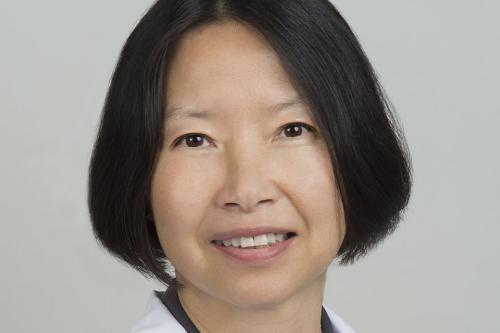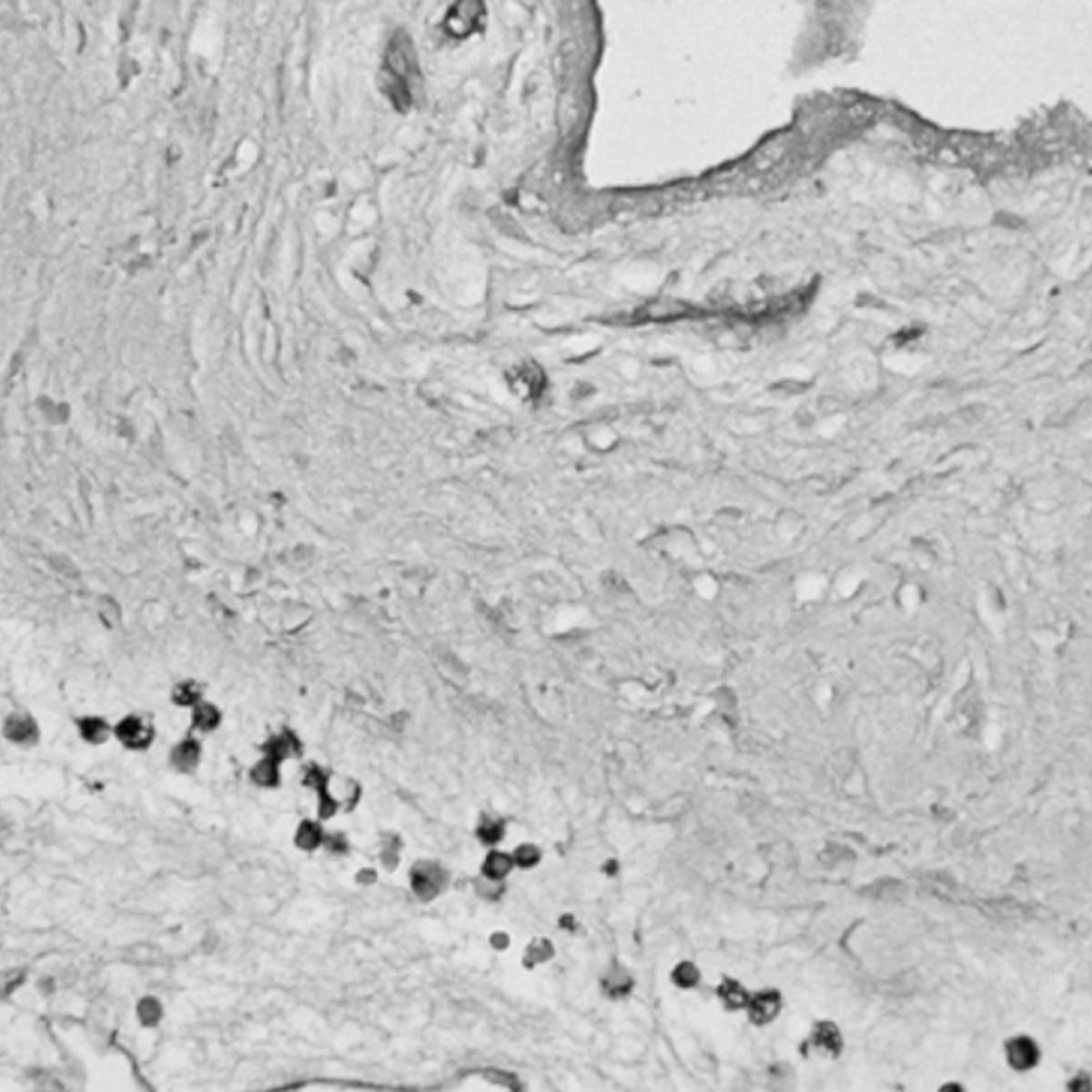
Xian-Jie Yang, Ph.D.
- Professor, Ophthalmology
- Director, Gene and Cell Delivery, Vision Research Core

As a visual neuroscientist, Xian-Jie Yang, Ph.D., studies the mechanisms that regulate the development, degeneration and repair of the neural retina. She generates and utilizes human stem cell-based retinal organoids to develop gene, cell and molecular therapies for glaucoma, retinitis pigmentosa and other blinding eye disorders.
Applying her scientific background in transcription regulation and developmental neuroscience, Yang uses molecular, cellular and genetic approaches to deepen her research. She has leveraged genetic manipulation and viral vector-mediated gene delivery approaches to examine retinal progenitor proliferation and neuronal differentiation in chicken and mouse models.
Her studies have elucidated the roles of several growth factor signaling pathways involved in regulating retinal progenitor proliferation, retinal ganglion cell production and photoreceptor differentiation. Yang's current focus in stem cell research is directed towards developing technologies for generating authentic human retinal projection neurons, which could lead to therapies for blinding diseases including glaucoma and other optic nerve disorders. She is actively involved in establishing stem cell-derived 3D disease models for inherited autosomal dominant optic atrophy, which can help researchers unravel disease mechanisms and accelerate the development of genetic and molecular therapies.
Yang's work has advanced understanding of the regulatory mechanisms governing neuronal differentiation and impacting retinal neuron viability. It has also revealed retinal glia-neuron interactions and cellular metabolism in neurotrophic factor-mediated neuroprotection, thus providing insights for ongoing clinical trials testing therapies for retinal degeneration.
Research Projects
- Elucidating how certain cellular mechanisms that support nerve health can protect our eyes from degenerative diseases
- Producing authentic human retinal ganglion cells using pluripotent stem cells Stem cells that can undergo self-renewal and differentiation to become any cell type found in the body. The two major types used in research are embryonic stem cells and induced pluripotent stem cells. pluripotent stem cells Stem cells that can undergo self-renewal and differentiation to become any cell type found in the body. The two major types used in research are embryonic stem cells and induced pluripotent stem cells.
- Developing genetic and molecular therapies for dominant optic atrophy — a genetic eye disorder characterized by the gradual degeneration of the optic nerves
- Establishing stem cell-based disease models of dominant optic atrophy involving mitochondrial deficiency
-
Post-doctoral Fellowships
- Neural Development, Harvard Medical School, 1996
- Developmental Biology, Harvard University, 1989
Degree
- Ph.D., Biochemistry, Molecular and Cell Biology, Cornell University, 1988
